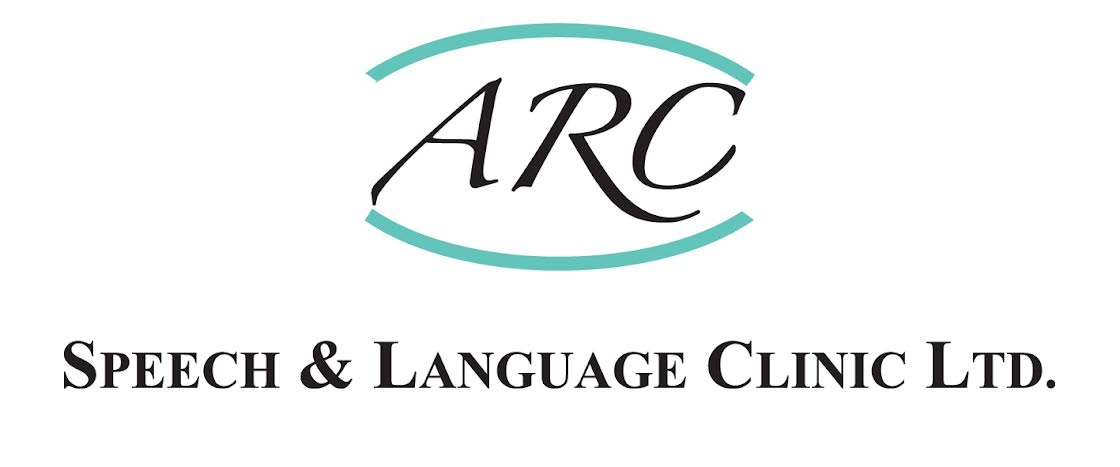Pamela Raftery (Senior Therapist and Clinic Director)

Following graduation from Trinity College, where she was awarded the Ottway Freeman Award for Clinical Excellence and the Walker Prize for Speech Pathology, Pamela worked as a paediatric Speech & Language Therapist for the HSE in a Community Care setting before establishing herself in private practice. As a parent herself of 3 young children, Pamela fully understands the anxiety that comes from discovering that your child is struggling or needs help in a particular area. She works with a wide range of children including those experiencing difficulties with articulation, phonology, language, pragmatics or fluency and those experiencing communication difficulties as part of a wider diagnosis such as ASD (Autism) or Down Syndrome. She also teaches for the Special Education Support Services, training teachers about issues relating to Communication in Children with ASD, has written magazine and newspaper articles and spoken on radio in relation to Speech and Language issues affecting children. Pamela is registered with CORU (Government Health Regulatory Body regulating SLTs working in Ireland) and is a member of the Irish Association of Speech and Language Therapists (IASLT – voluntary association for SLTs in Ireland). She also served 3 years (2013-2015) as Chairperson of the private practitioners association, Independent Speech-Language Therapists in Ireland (ISTI).
Eugene Raftery (Practice Manager)
Appointments

The Initial Consultation
This is attended by parents alone (without your child). It lasts for half an hour to forty five minutes. It is used for the purpose of speaking with you, the parents, about your concerns regarding your child’s communication in an environment where you can speak freely about him or her and where you can think clearly, without distraction. It is also used to determine whether or not a full assessment is warranted.

